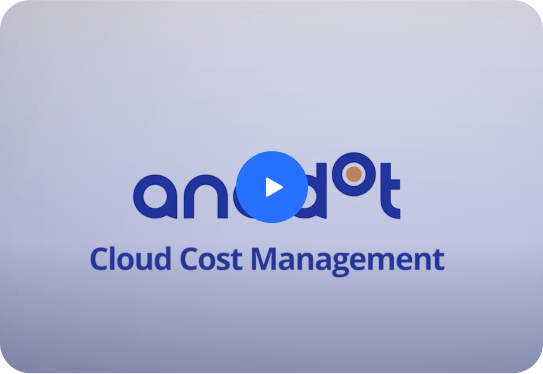Do you know what cloud savings action to take next?
The increasing complexity of multicloud services makes it difficult to manage and optimize your infrastructure. FinOps and Cloud Center of Excellence (CCoE) teams want to reduce cloud costs but don’t know where to start, or what to do next.
As you progress along your FinOps journey, you’ll face multiple competing initiatives. It can be challenging to prioritize cost optimization recommendations and make sure the right decisions are being made. Identifying the engineering efforts and potential savings can help your team in determining its priorities.
Evaluate your cloud rate optimization efforts
Finance stakeholders have a very difficult time getting engineers to take action and even harder time improving their overall effective cloud savings rate.
To determine if you have a strong foundation for optimizing your efforts, consider the following questions:
- Can you identify idle or unattached cloud resources?
- Can you track cloud waste trends over time?
- How do you evaluate and implement recommendations?
- Are recommendations passed “over the fence” to engineering?
- Do you review recommendations with stakeholders who understand the applications and architecture?
- Are you able to track the impact of implemented recommendations?
- If a recommendation can not be acted on, can you mute it for an agreed period of time to cut out noise?
- Do you continuously evaluate the impact of new releases/updates from cloud providers?
- Can you identify unused commitment-based discounts with daily resolution?
- Do you know when commitment utilization declines, stops being used, or needs attention when it deviates from the norm?
- Are stakeholder teams notified early enough about expiring commitments to plan new purchases?


